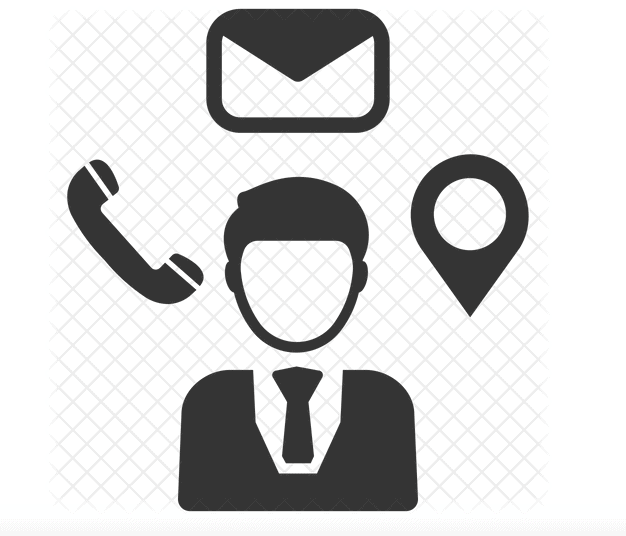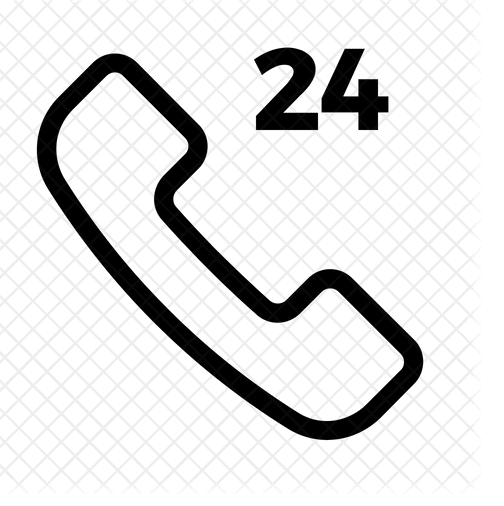
What to Expect after a Funeral
In many days following a loss, we can discover that the grieving process has no set time frame. However, after the funeral service, there are many legal, financial, and social matters to be taken care of in a timely manner when someone dies. You and your family will need to sit down and create a schedule to get your loved one’s affairs situated. Enlisting the help of family members and friends with these tasks over the coming weeks can greatly ease this burden on you.
Organization is key. First, for the funeral you probably had to gather all of the items below, and you’ll need them to handle several tasks:
- Birth certificate
- Driver’s License or State Identification Card
- Recent hospitalization records
- Insurance documents: Health, Life, Auto
- Passport
- Veterans Administration Claim Number if a veteran (or service discharge papers)
- Recent Income Tax Forms
- Marriage certificate (if applicable)
- Divorce papers (if applicable)
- Deeds and Titles to real and personal property
- W-2 forms
Once you have these documents gathered, then it’s time to work on official paperwork tasks:
- It is recommended that you request a minimum of 10 certified copies of the Death Certificate that may be needed for the following tasks below. When you made the arrangement for the funeral, your director asked you how many you will need and will have them sent to you.
- Report the death to other agencies.
- Pay any ongoing bills and suspend auto payments, such as mortgage payments, car payments, etc.
- Notify any other policy holders of the change in “Beneficiary” status.
- Get their mail redirected through the United States Postal Service.
- Check to see if the deceased left a will and initiate probate if the executor does not.
- Stop health, life, auto insurance coverage.
- Contact life insurance companies about payouts.
- Contact their employer or union to see if there are death-related benefits available.
- Notify utility departments for shut offs.
- Transfer titles of real and personal property.
- Close or modify credit card accounts.
- Arrange to close or alter bank accounts.
- Change stocks and bonds into your name or other family members.
- Manage their digital estate and cancel accounts.
When people die, they leave behind a life that must be closed out from bank accounts to insurance policies to final bills paid—even pets placed in new homes. The job of handling these personal and legal details may fall to you, a stressful task that can take months to complete, all while you are grieving a deep loss.
Just remember that you can’t settle a deceased family member’s affairs alone. You’ll need the help of many people, whether it’s family, lawyers, CPAs, or other professionals who can advise you on financial matters. Working with others can make this process seem less overwhelming, and help you feel not so alone.




